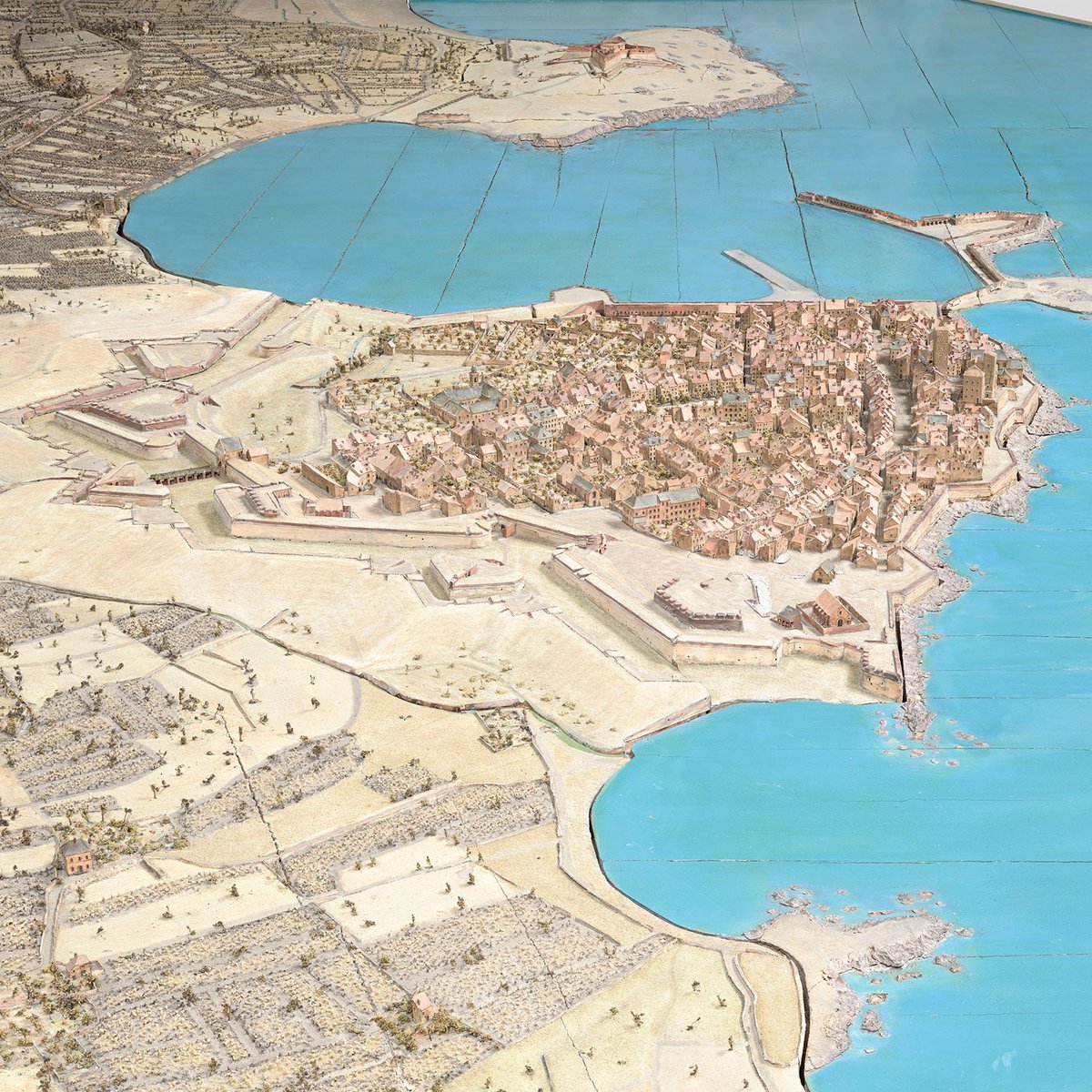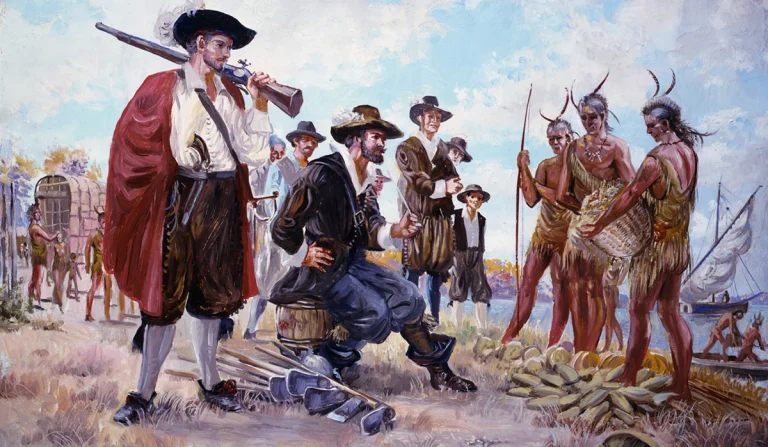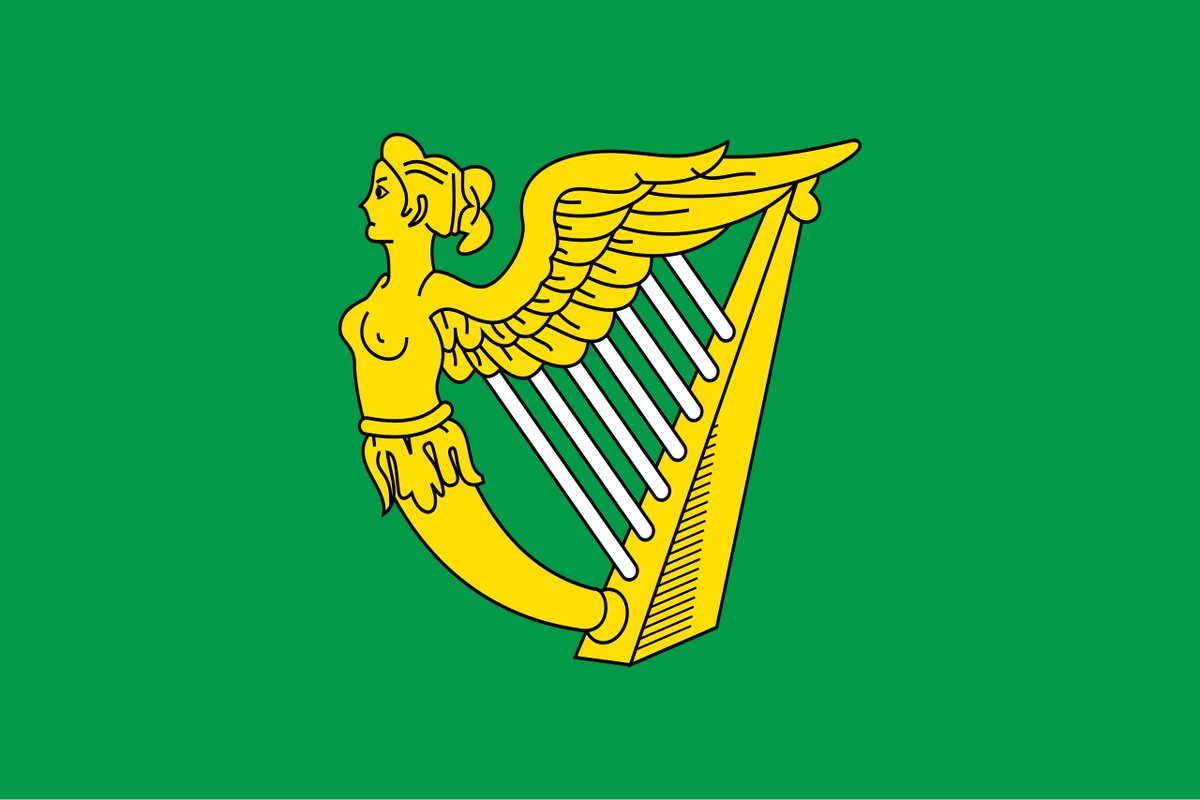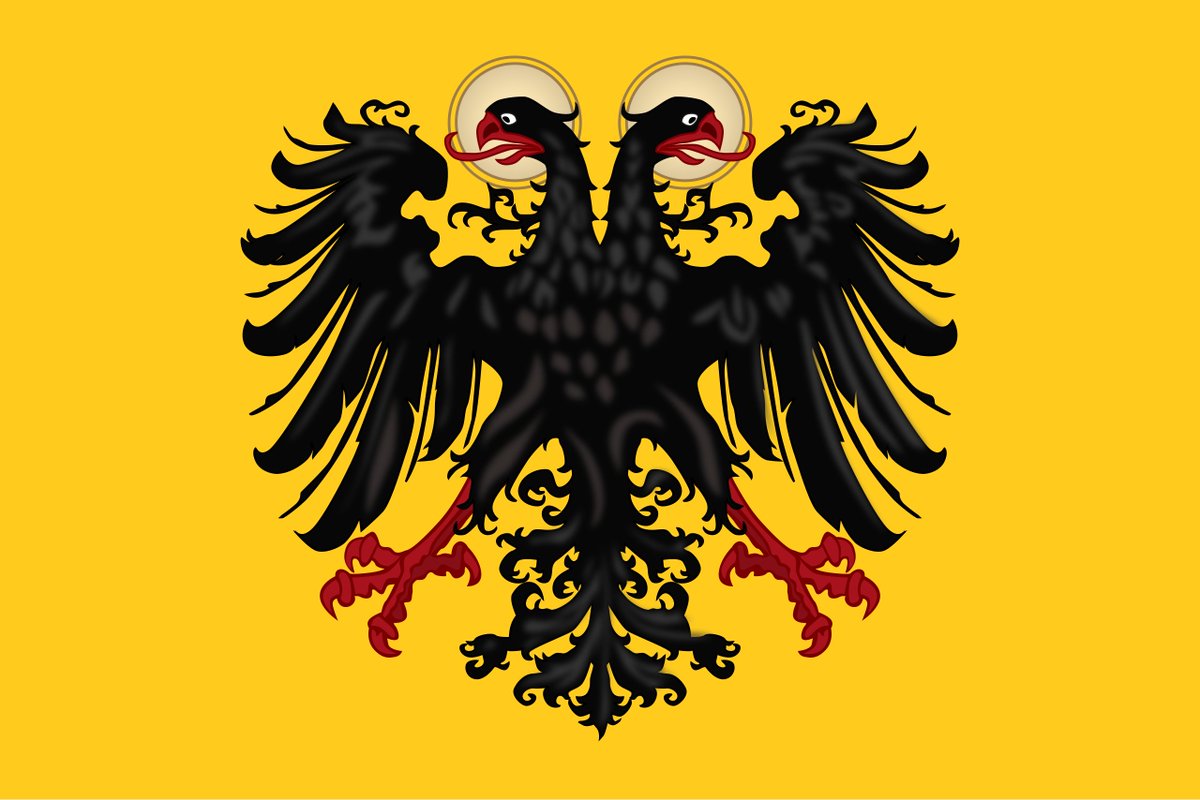Following the Swiss victory in the Burgundian Wars, tensions between the cantons increased over the distribution of spoils of war. In 1481 they were on the bring of war between each other, but a mysterious advice from a hermit named Nicholas of Flüe brought peace! How? I explain. 

Nicholas of Flüe used to be a brave soldier. He married when he was 30 and his wife gave him 10 children. However at the age of 50 he received a vision of a lily eaten by a horse which he interpreted as a call for giving up on worldly life completely, and he became a hermit! 

Little is known about this part of his life other than as hermit he was greatly respected for his wisdom and piety. Called "brother Klaus", he was held in immensely high regard in Swiss cantons and beyond, people from across Europe came to seek advice from him! 



So when in 1481 the Swiss cantons were at the brink of war and the Confederacy was about to fall apart, they sought advice from brother Klaus! A priest named Heini Amgrund visited this man of great wisdom and received counsel from him for the leaders of Swiss cantons. 

Heini Amgrund returned to the Swiss Diet called Tagsatzung and delivered to them the wise words of counsel from Nicholas of Flüe. They listened to Nicholas' message and followed his advice. The delegates immediately reached a compromise. All the quarrels were put aside! 

What was the advice that this myserious brother Klaus gave them? We will never know because it remains a secret to this day! We only have letters of gratitude from the cantons of Bern and Solothurn left. It will always be a mystery. 

• • •
Missing some Tweet in this thread? You can try to
force a refresh











































